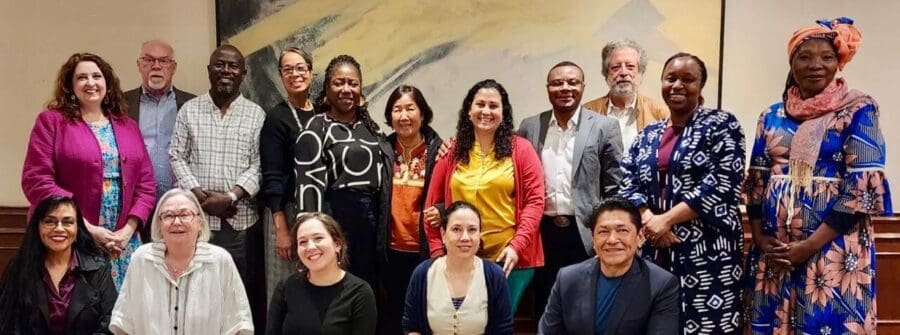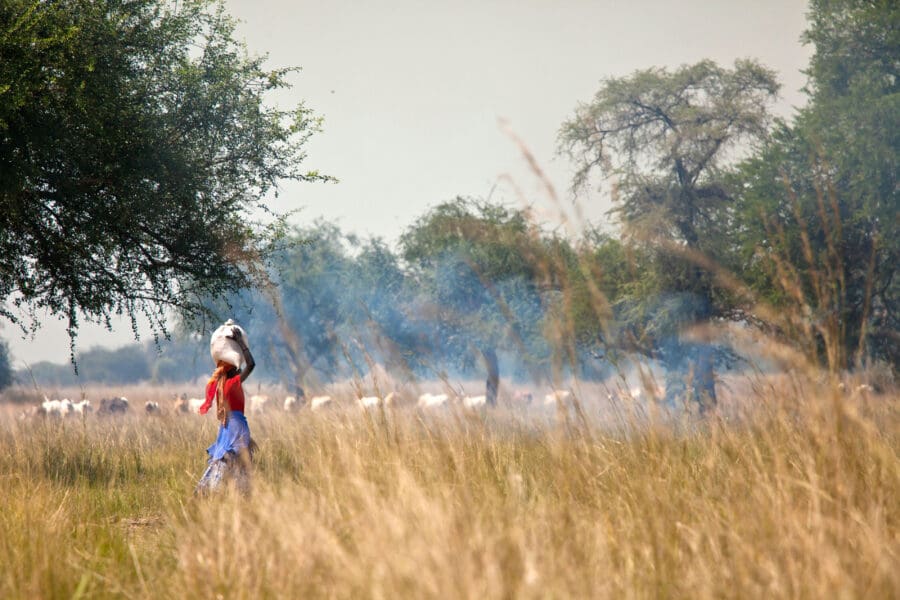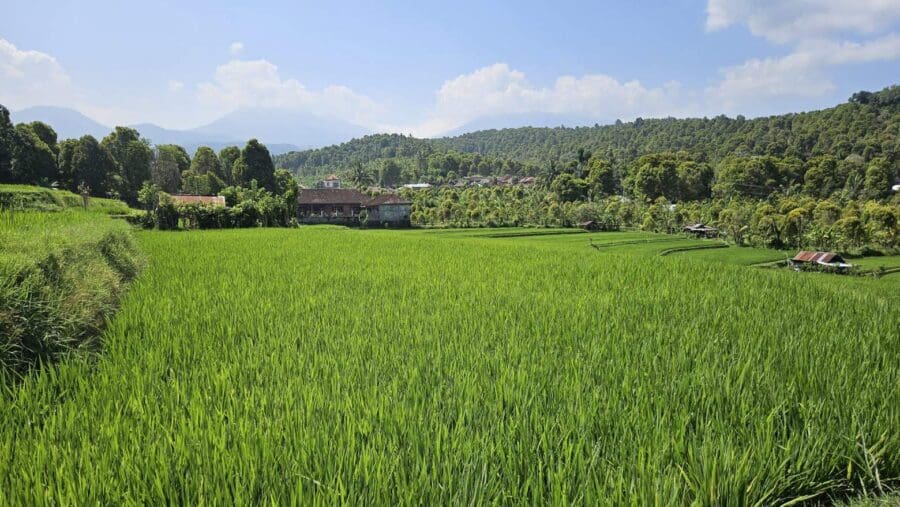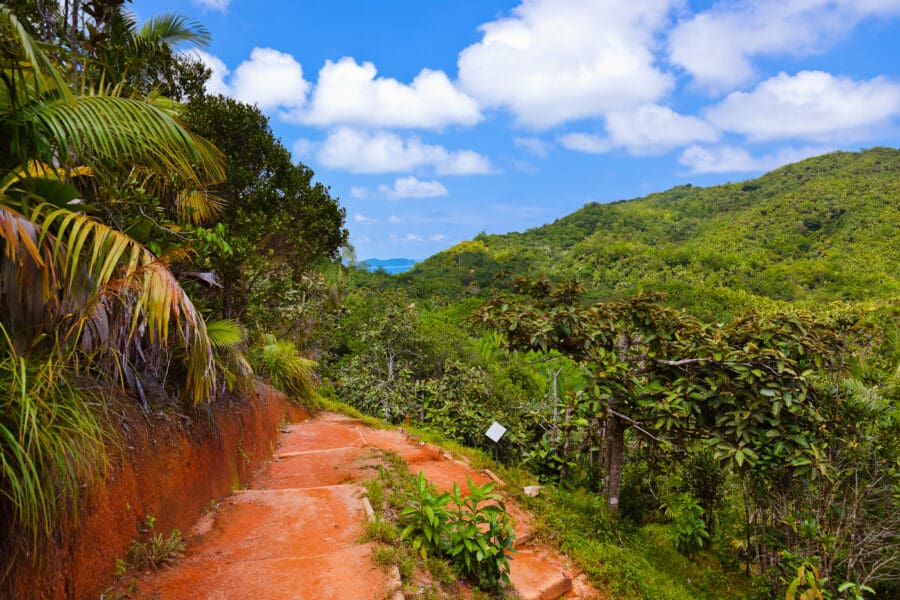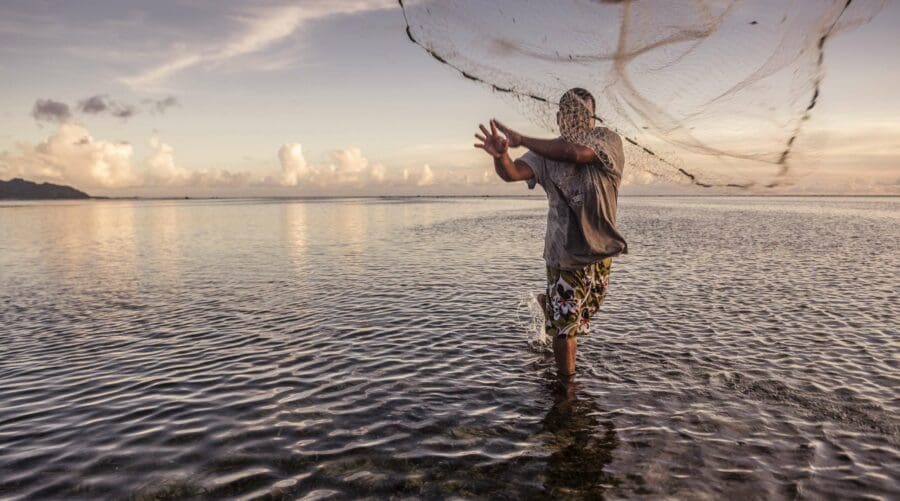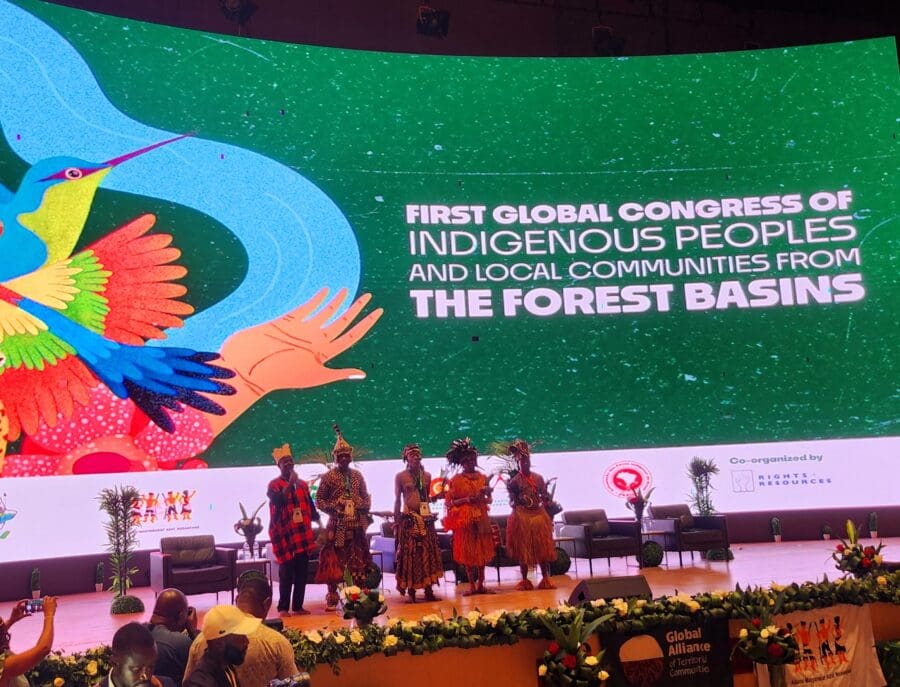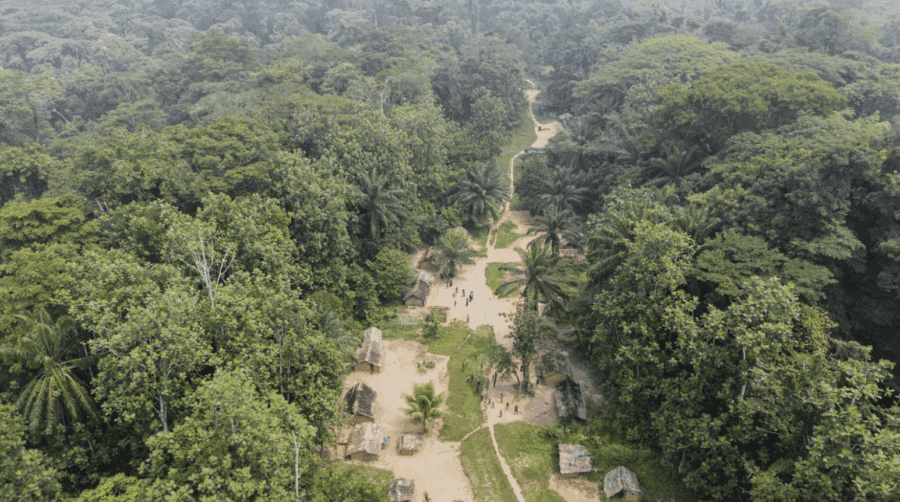In a transformative restructure, the Rights and Resources Initiative (RRI) announced a new Board Chair and five new members from Indigenous, Afro-descendant, and local communities to its Board of Directors, strengthening representation, diversity, and leadership across its governance.

A YEAR IN REVIEW: Coalition Victories in 2025
2025 was a deeply challenging year for our sector, testing our coalition in unprecedented ways. But despite this, our coalition members claimed some major wins through their remarkable courage and resilience.

Local Communities Gained More Effective Representation at COP30, but Continue to Demand Formal Recognition as Key Stakeholders within UNFCCC
Local communities across Latin America, Africa, and Asia made key advances in increasing their effective representation in global climate negotiations and policies at the recently concluded 30th UN Climate Change Conference.
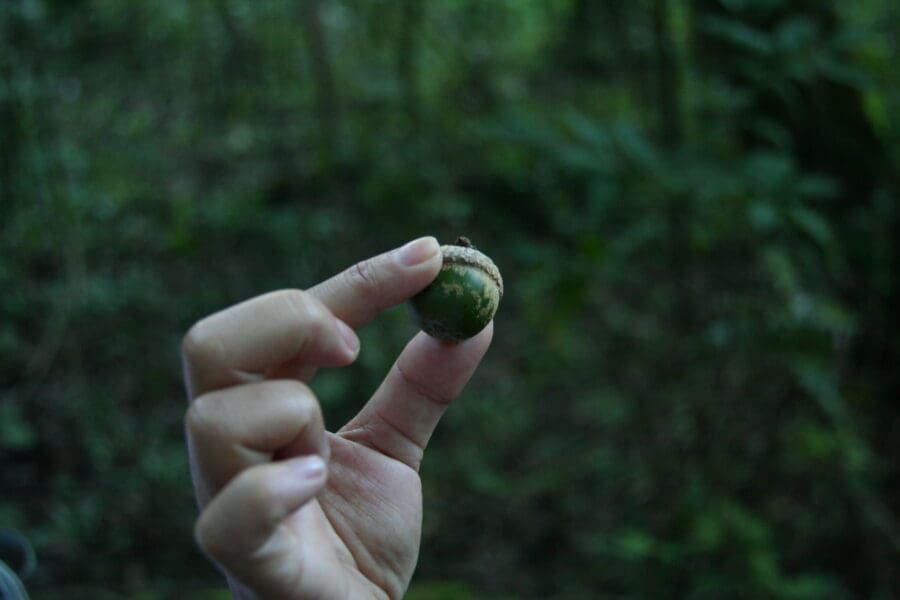
“We are no longer the same shy women”: The story of Felisa Navas Pérez, a community leader in Guatemala
The president and legal representative of the Integral Forestry Association of Cruce a La Colorada (AFICC) in the Maya Biosphere Reserve, Guatemala, shares the vicissitude she had to face as a leader, mother, and head of household.
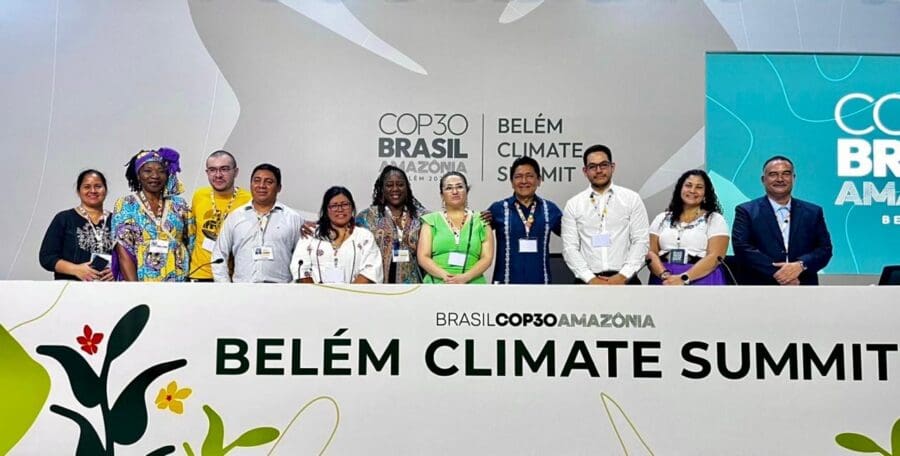
COP30 Wins: Progress for Forests, Tenure Rights, and Communities
At the recently concluded COP30, the central role of tropical forests and the Indigenous, Afro-descendant, and local communities that protect them was firmly in the spotlight. Despite ongoing challenges, the climate summit delivered tangible, measurable gains for communities and local forest stewards, ranging from landmark land recognitions to new funding initiatives and international collaborations.
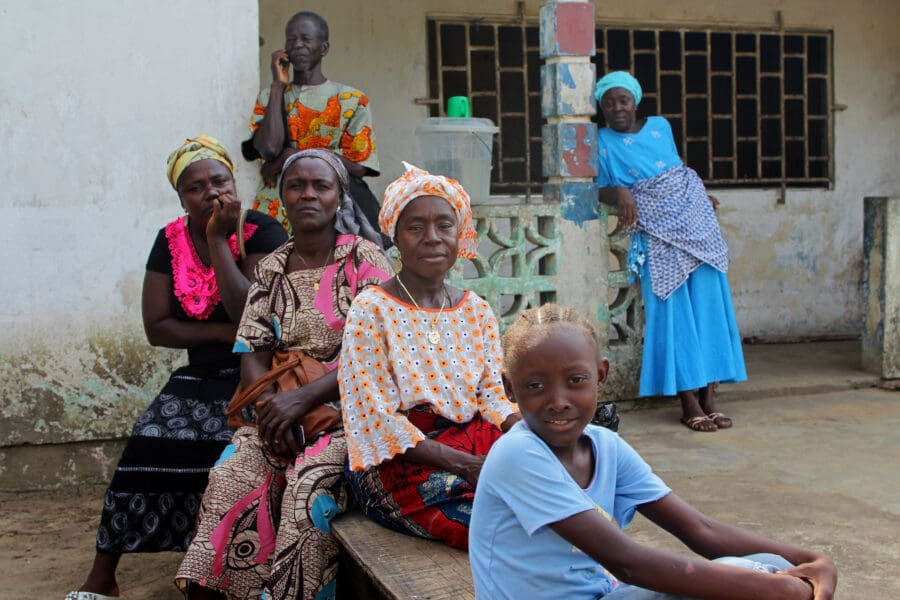
For the First time in its History, UNFCCC References Afro-descendant Peoples in Core Negotiation Documents, Affirming Their Integral Role as Guardians of Climate and Biodiversity
For the first time in over 30 years of global discussions on the climate agenda, the United Nations Framework Convention on Climate Change and the Caribbean (UNFCCC) has referenced Peoples of African descent in core negotiation documents released at the conclusion of the meeting, including texts on Just Transition, Gender Action, and the Global Goal on Adaptation.
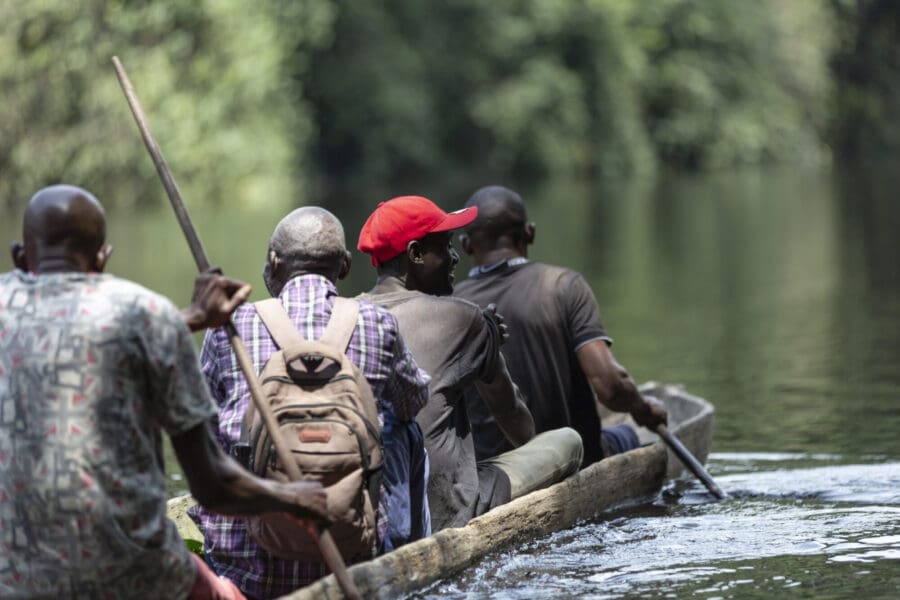
Governments of Brazil and Colombia launch Plan to Accelerate Solutions for Afro-descendant Peoples at COP30
During COP30 in Belém, the governments of Brazil and Colombia, together with the Rights and Resources Initiative (RRI), officially announced the launch of the Acceleration Plan for Solutions for Afro-descendant Peoples (PAS Afrodescendiente) 2026–2030, the first regional initiative dedicated to accelerating the answers to the historical gaps in territorial recognition, environmental governance, and financing for Afro-descendant Peoples in Latin America and the Caribbean.

Global Youth Network Launches to Unite Indigenous, Afro-descendant, and Local Community Youth Across Continents
RRI's new Global Youth Network will serve as the foundation for ongoing regional dialogues across Africa, Asia, and Latin America, ensuring youth leadership remains grounded in community realities while shaping global advocacy.
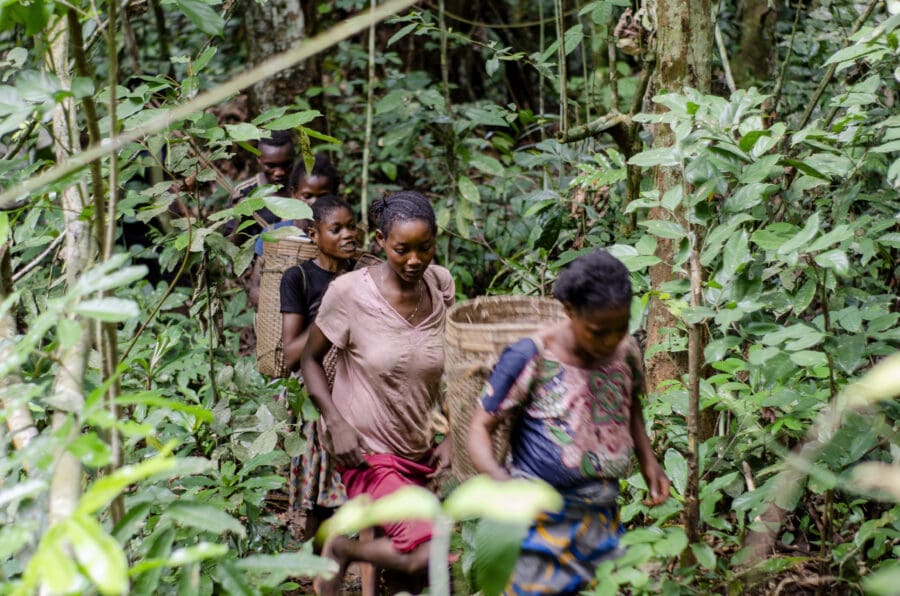
From Rights to Livelihoods: RRI Launches Global Network to Scale Community-Led Economies for People and Planet at COP30
At COP30, RRI announced the next phase of its global coalition strategy, "From Rights to Livelihoods: Advancing Collective Economies for People and Planet," with the launch of a new Collective Livelihoods and Enterprise Network. The initiative represents a major step in linking land rights, sustainable livelihoods, and conservation through community-led economies.
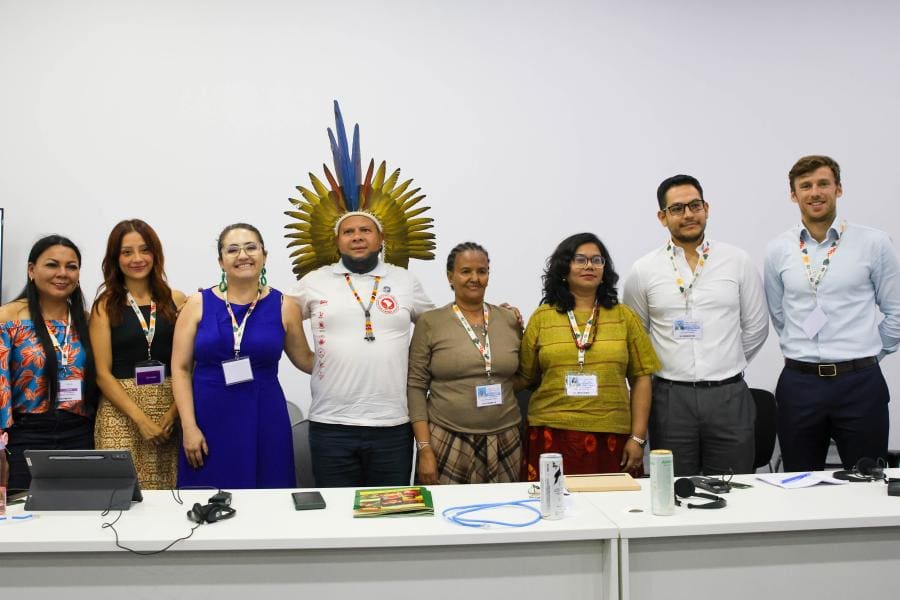
NDCs and Territorial Rights: Strengthening National Climate Ambition through Community Action
Climate change negotiators meeting in Brazil for COP 30 will face intense pressure to agree on indicators to measure adaptation and a roadmap to quadruple the new collective quantified goal on climate finance.
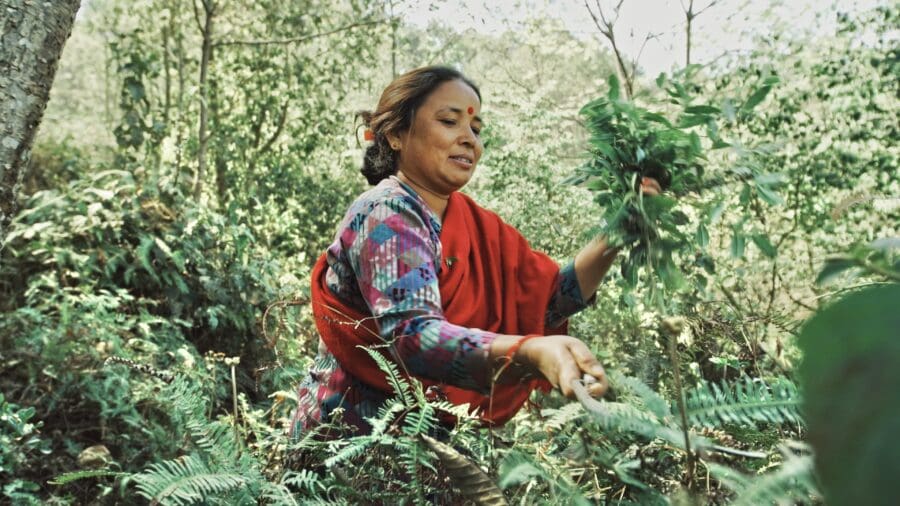
Women’s Wisdom and Leadership Hold the Key to an Impactful Delivery of the New Pledge
This statement by the Women in Global South Alliance (WiGSA) extends its congratulations to governments and donors for their renewed commitment to supporting the tenure rights of Indigenous Peoples, Afro-descendant Peoples, and local communities, as announced at COP30 in Brazil on November 6, 2025, and calls on funders to address the global gender funding gap.
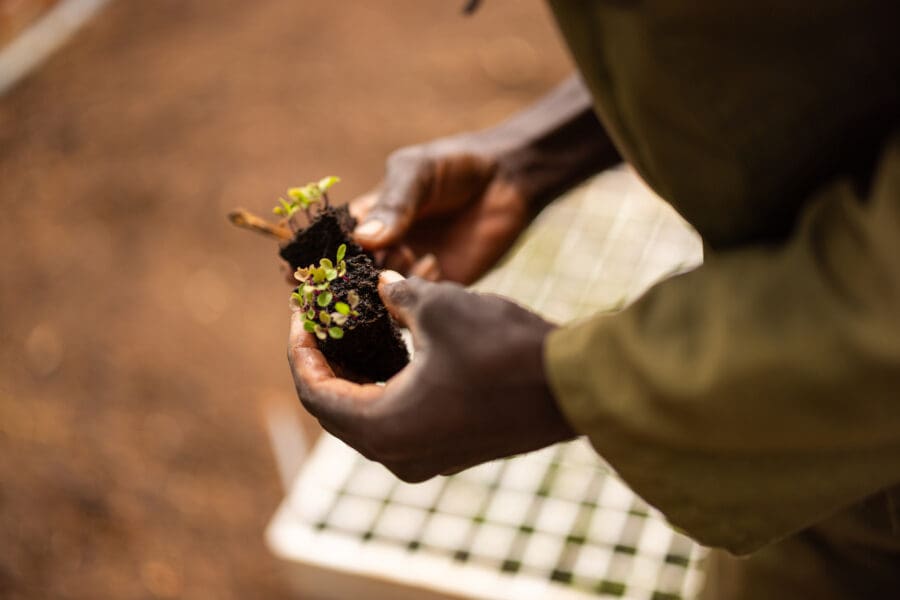
From Rhetoric to Realized Rights: A Rights-Based Model for Nationally Determined Contributions
As the world moves toward COP30 in Belém, Brazil, countries are in the process of updating their Nationally Determined Contributions (NDCs)—the key national plans that define climate goals, strategies, and financing needs under the Paris Agreement. In this crucial context, RRI released a two-phase study in September and October 2025, analyzing current NDCs of 25 countries across Latin America, Africa, and Asia.


